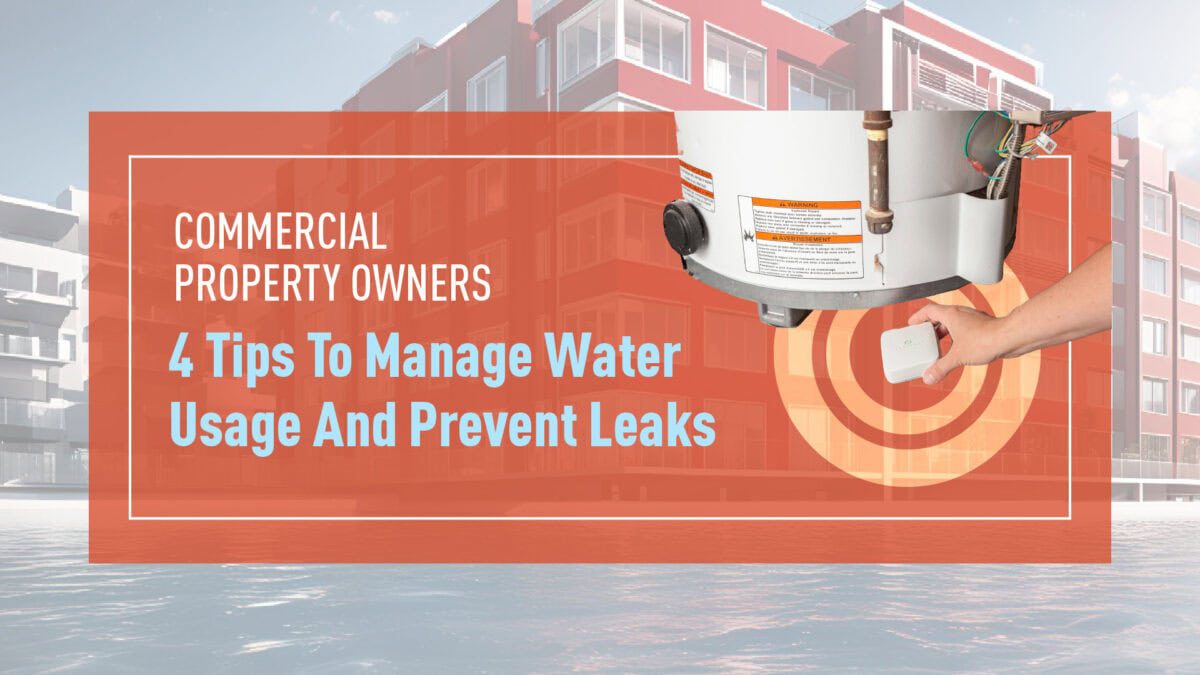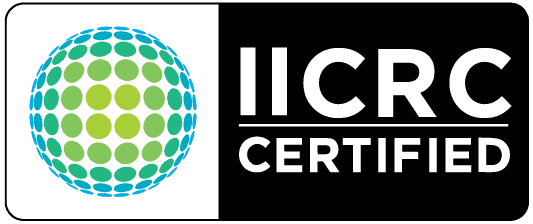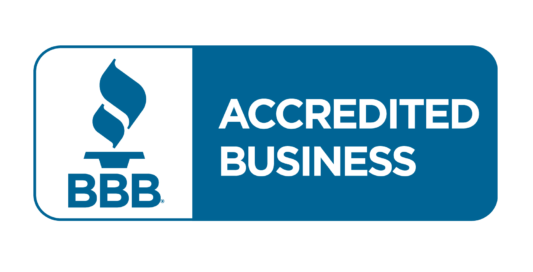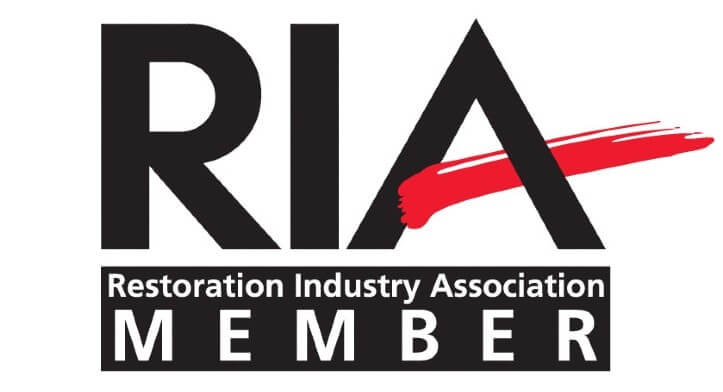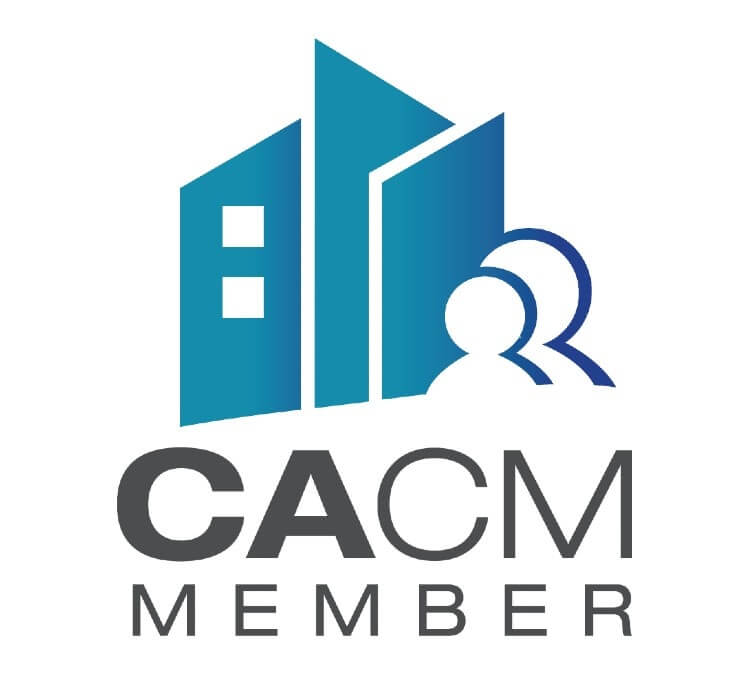4 Tips for Commercial Property Owners to Manage Water Usage and Prevent Leaks.
Taking charge of your building’s water usage has never been more crucial amongst rising utility costs and environmental concerns. This article explores a few key tips on how to efficiently manage water usage and prevent leaks as a commercial property owner or manager.
Summary
– California aims for a 15% reduction in water usage in response to frequent droughts.
– Commercial property owners can address excess water usage, benefiting both the environment and their budgets.
– Prompt leak detection is crucial, as it is a major source of costly water waste for property managers.
– Proactive measures, such as using leak detection sensors, can significantly reduce water usage and costs.
– Cloud-based water management platforms can track usage patterns, identify irregularities, and optimize consumption.
4 Steps to Managing Water Usage and Saving Money
1. Detect Leaks Early with Innovative Solutions
One of the biggest challenges for commercial property managers is timely leak detection. Undetected leaks can waste thousands of gallons of water annually and lead to skyrocketing water bills. They can also cause mold growth, creating hazardous conditions, and result in expensive property damage.
Implementing a proactive leak detection strategy is essential. Water leak sensors can quickly identify leaks at the source and notify property managers to take swift corrective action. By addressing leaks immediately, you can save significant amounts of money on costly repairs and water damage restoration in San Diego. For instance, one commercial property owner credited their leak detection system with preventing an estimated $6 million in damages by alerting them to a single water leak.
Positioning leak sensors around high-risk areas like toilets, water heaters, and washing machines can significantly reduce potential damages and the future costs associated with water damage repair.
2. Track Water Usage
Understanding your property’s water usage is crucial for effective management. Cloud-based water usage management platforms allow property owners to track usage patterns, identify irregularities, and optimize consumption. These systems typically include water flow sensors that attach to water meters, providing real-time data and alerts for unusual activity.
By monitoring water supply closely, property managers can significantly lower their bills and prevent waste. Combining these sensors with automatic shut-off valves further empowers property owners to manage water usage actively.
3. Implement Advanced Technologies
According to The Pacific Institute, urban water usage could be decreased by 30% by adopting current standards for appliance efficiency. Fixing leaks and upgrading to the latest models of toilets and washing machines can also yield substantial savings and a better water usage.
Advanced IoT technologies—like smart meters, sensors, and cloud-based monitoring—can help property managers maintain a comprehensive view of water usage. These technologies alert owners to irregularities immediately, allowing for prompt action to prevent significant damage and financial loss.
4. Water Conservation Education
While implementing monitoring systems and upgrading technology is essential, educating occupants about water conservation is equally important. Simple measures, such as installing low-flow fixtures and promoting responsible water use, can lead to substantial reductions in overall consumption.
Engaging tenants in conservation efforts not only benefits your bottom line but also fosters a sense of community responsibility for California’s water resources.
The Benefits of a Proactive Water Management Plan
Effectively managing water usage and preventing leaks offers numerous advantages, including substantial cost savings and environmental conservation. By quickly addressing leaks, property owners can avoid expensive repairs and reduce utility bills while contributing to broader water conservation efforts.
Promoting efficient water management in commercial properties is vital for minimizing waste and preventing financial losses associated with leaks and damage. By leveraging advanced technologies like leak sensors, upgrading appliances, and fostering educational initiatives, commercial property owners can significantly enhance their water usage practices.
Certified Restoration has been assisting commercial property managers and owners in San Diego with the costly impacts of water damage and mold for nearly 30 years. In addition, Certified Leak and Flood, founded two years ago, provides innovative solutions like water flow sensors, leak detectors, automatic shut-off valves, and cloud-based dashboards. Contact us today to learn how our water management and detection solutions can help you achieve long-term financial savings and promote responsible water usage.
Related Article:
